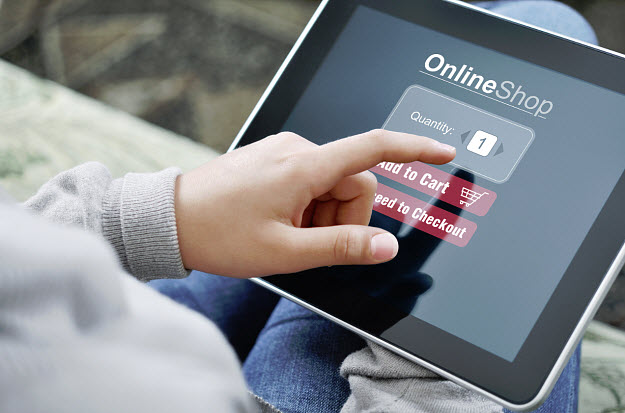Consumers are open to accepting geolocation tech in order to access in-store services.
According to the newly released results of a study conducted by Zebra Technologies in its Corporation Global Shopper Study, shoppers are open to using location based technologies while in store in order to be able to gain access to services and offers that will enhance their experiences.
The study results offer insight into a range of different consumer interests in terms of mobile tech use.
Among the participants in the survey, the majority expressed an interest in using relevant location based technology over a store’s WiFi in order to enhance their shopping experience. Among the types of services in which they expressed interest were mobile coupons (said 51 percent), in-store shopping maps (45 percent), and help from associates (41 percent). This was the eighth annual edition of this study by Zebra Technologies.
The study also showed that location based technology could offer real-time info that shoppers want.
 Among the respondents to this survey, 34 percent said that they felt that they had a better connection with a store through real-time information that they received through mobile devices than they did through the assistance of human associates working in the stores. At the same time, 64 percent of shoppers expressed that there was a greater likelihood that they would buy something if they felt that they were getting better customer services. Moreover, 52 percent of the participants in the research said that they valued retailers that improved the efficiency of the shopping experience through the use of technology.
Among the respondents to this survey, 34 percent said that they felt that they had a better connection with a store through real-time information that they received through mobile devices than they did through the assistance of human associates working in the stores. At the same time, 64 percent of shoppers expressed that there was a greater likelihood that they would buy something if they felt that they were getting better customer services. Moreover, 52 percent of the participants in the research said that they valued retailers that improved the efficiency of the shopping experience through the use of technology.
Over three out of every four shoppers (76 percent) stated that they had a positive feeling about the experience of shopping in brick and mortar stores, and almost half of all consumers believe that technology solutions are assisting retailers in being able to better their shopping experience.
More insight was provided about the potential value of location based technology when it was revealed that 53 percent of consumers said that they “showroomed”, that is, they went to a store in order to have a look at a product, in person, but then bought that same item online. Equally, about a third of shoppers preferred to buy a product online and then pick it up at their nearest retail location, instead of having it shipped.

 The development team behind the WISE platform is now working on creating native iOS and Android versions. Currently, this geolocation technology functions with Google’s Cloud Storage, its App Engine, and its Maps.
The development team behind the WISE platform is now working on creating native iOS and Android versions. Currently, this geolocation technology functions with Google’s Cloud Storage, its App Engine, and its Maps.